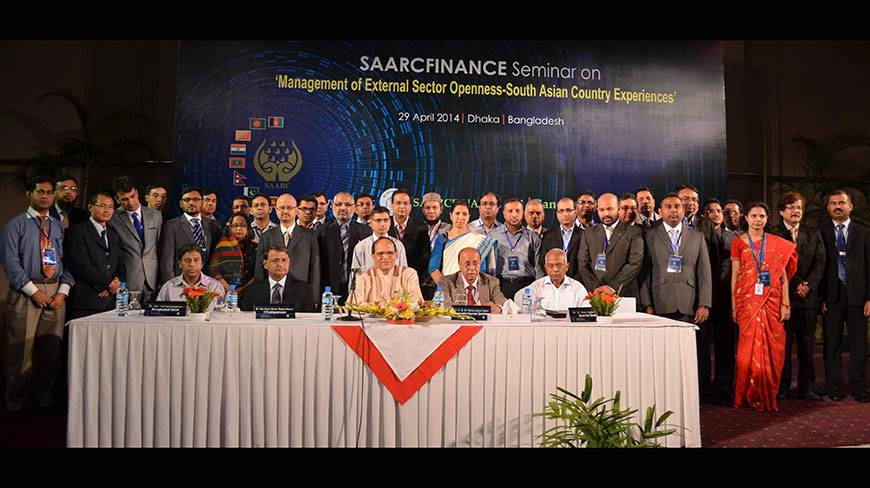Bangladesh Bank has set a total credit limit of Tk6,186 crore for four state-owned banks for this year.
Based on adjusted loan status of the previous year, the central bank has set separate credit targets for the banks - Sonali, Agrani, Janata and Rupali – with signing separate memorandum of understandings (MoU) recently.
The targets were calculated by subtracting government and agriculture loans from the total loan status of each of the banks.
As the banks are to disburse certain amount of loans to the government and agriculture sector every year, the ceiling of bank credit is determined on the basis of the adjusted loans so the banks could disburse loans in other sectors, said a senior executive of Bangladesh Bank.
He said the central bank has tightened regular monitoring on aggressive loan disbursements, although most of the banks have failed to achieve the growth target last year due to overall slower credit growth in the country amid sluggish investment climate and political unrest.
“As a result, the central bank did not extend the credit ceiling of most of the banks so they could fully comply with their respective targets and other conditions set by the central bank.”
All the four banks failed to achieve the credit growth target set by the central bank in 2013, excepting Rupali Bank. Considering the credit disbursement performance of the banks,
Bangladesh Bank did not expedite the new ceiling for Agrani and Janata, rather it has cut the credit limit for Sonali Bank.
The credit target has been increased only for Rupali Bank as it had surpassed the loan ceiling fixed for last year. The credit ceiling of Sonali Bank has been set at Tk1,328 crore for the year 2014, which is 6% of the adjusted loan status of Tk22,133 crore in 2013.
The adjusted loan growth rate of Sonali Bank was negative 7.07% in the last year against the target limit of 8% set by Bangladesh Bank. The total loan growth of the banks decreased by 11.67% or Tk3,963 crore in the last year.
The loan disbursement limit of the Agrani Bank has been set at Tk1,676 crore for the year 2014, whichi is 10% of the adjusted loan status of Tk16,764 crore of 2013.
Adjusted loan growth rate of Agrani Bank was negative 0.63% during the last year against the target limit of 10%. Total loan disbursement of the bank reduced by 7.76% or Tk1529.44 crore in the year 2013.
The credit limit of the Janata Bank has been set at Tk2,206 crore for the year 2014, which is 10% of the adjusted loan status of Tk22,067 crore of 2013.
The growth target of the Janata Bank was same in the last year but the bank was able to achieve only 1.15% of its target. The total loan disbursement of the bank was reduced by 8.59% or Tk2,405 crore in the year 2013. The central bank set the credit limit of the Rupali Bank at Tk976 crore for the year 2014, which is 12% of the total adjusted loan status of Tk8,139 crore of 2013.
The adjusted loan growth of the bank increased by 13.98% in the year 2013 against its 10% target limit of the adjusted loan status set in the MoU. The total loan growth of the bank increased by 18.59% or Tk1,613 crore in the last year.The central bank punished the Rupali Bank asking it to block the excess loans that it had disbursed beyondits target limit.
News:Dhaka Tribune/30-Apr-2014




